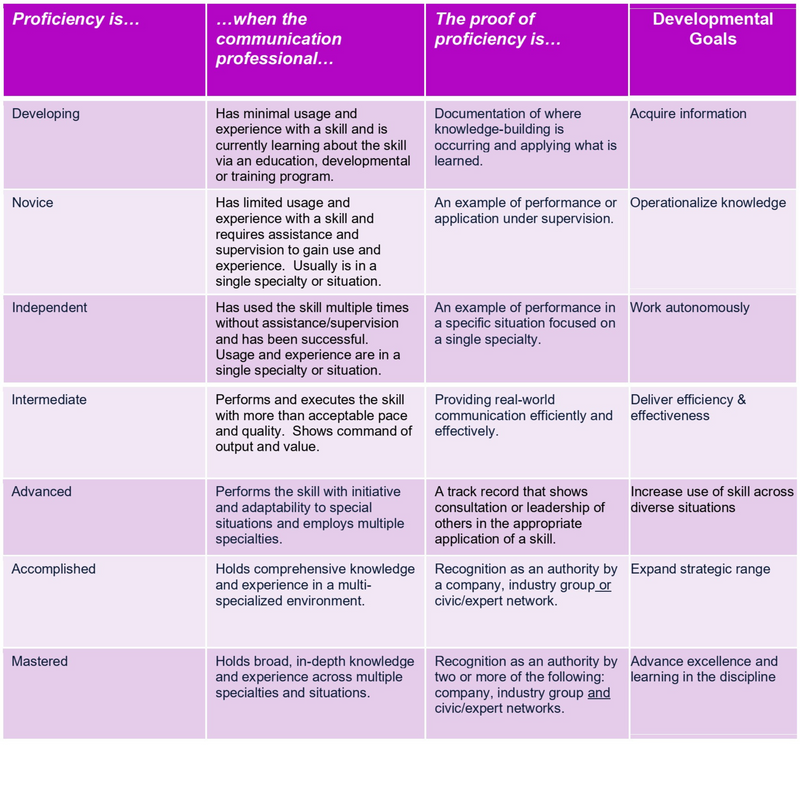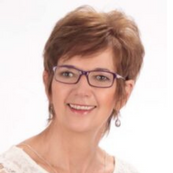Blog 2 in a series of 3 on the IABC Career Assessment
One of the characteristics of Thomas Friedman's creative and collaborative "flat world" is the necessity of lifelong learning. People need to find tools and resources to prepare for future work. He proposes that professionals make a social contract with themselves to embark on their lifelong learning journey. Friedman suggests learning with an open mind by focusing on two crucial details – critically filtering what is available and subscribing only to the best sources.
With a lifelong learning attitude as a backdrop, use the IABC Assessment Tool and the IABC Proficiency Metric to guide your professional learning plan. In our previous blog, we said that more than a thousand communication professionals completed the assessment and got a report on their career status – most of them were at the Strategic Advisor level.
Dr. Hamilton-Attwell questions those results. “Do not get me wrong, you might be on a strategic advisor level, but I want to warn against the "halo" effect when doing assessments like the IABC Assessment Tool. My concern is that some takers selected the number(s) on the proficiency scale without knowing what the actual proficiency number means on the rubric. The unfortunate result will be that communication professionals will stifle their continuous development and lifelong learning in their effort to "look good" in their report or "get a high score." Understanding the Proficiency Metric first, gives takers a more realistic report to guide the development of their learning plan.”
The IABC Proficiency Metric



